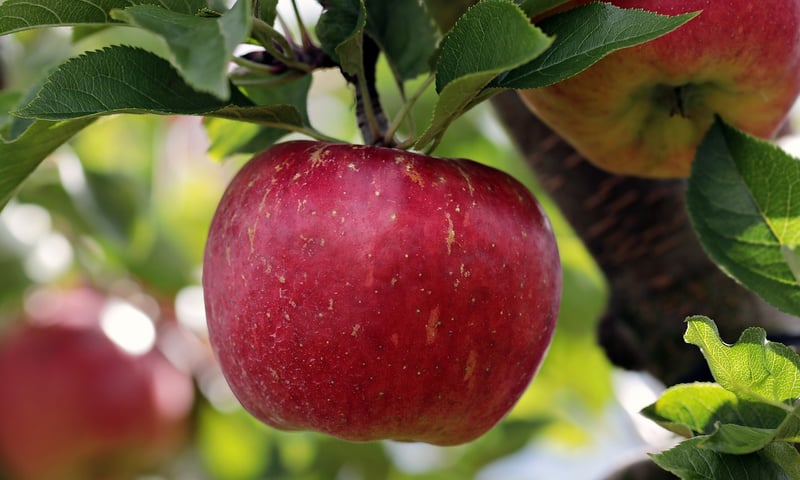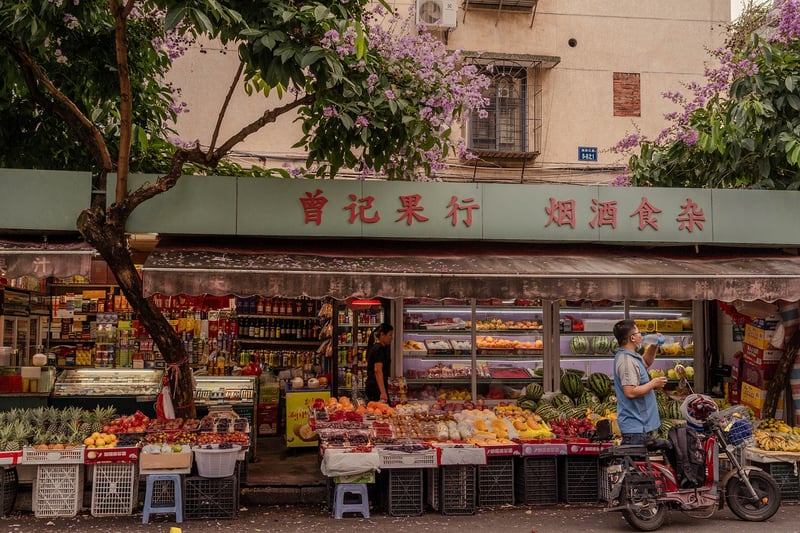Urban Fruit Trees
The Benefits of Growing Food in the City
Urban farming has gained popularity in recent years as more people are becoming aware of the benefits of growing their food in the city. Not only does urban farming promote sustainability and self-sufficiency, but it also contributes to a greener environment and healthier communities.
Advantages of Urban Farming:
- Access to fresh, organic produce
- Reduction of food miles and carbon footprint
- Promotion of local biodiversity
- Utilization of underutilized urban spaces
- Community building and social cohesion
Urban Fruit Trees:
Urban fruit trees are a great addition to any city landscape. They not only provide fresh and nutritious fruits but also offer shade, improve air quality, and attract pollinators. Fruit trees can be planted in community gardens, parks, schoolyards, and even on sidewalks.
Types of Urban Fruit Trees:
- Apple trees
- Pear trees
- Cherry trees
- Plum trees
- Fig trees
When selecting fruit trees for urban areas, it's essential to choose dwarf or semi-dwarf varieties that are suitable for small spaces. These trees require less maintenance and are ideal for urban gardeners with limited space.
Tips for Growing Urban Fruit Trees:
- Choose a sunny location with well-draining soil
- Prune trees regularly to maintain their size and shape
- Water trees deeply but infrequently to encourage deep root growth
- Protect trees from pests and diseases using organic methods
- Harvest fruits when ripe and enjoy the fresh produce
By planting fruit trees in urban areas, individuals can contribute to a more sustainable and resilient food system while enjoying the many benefits of fresh, locally grown fruits.

Image source: Pixabay
